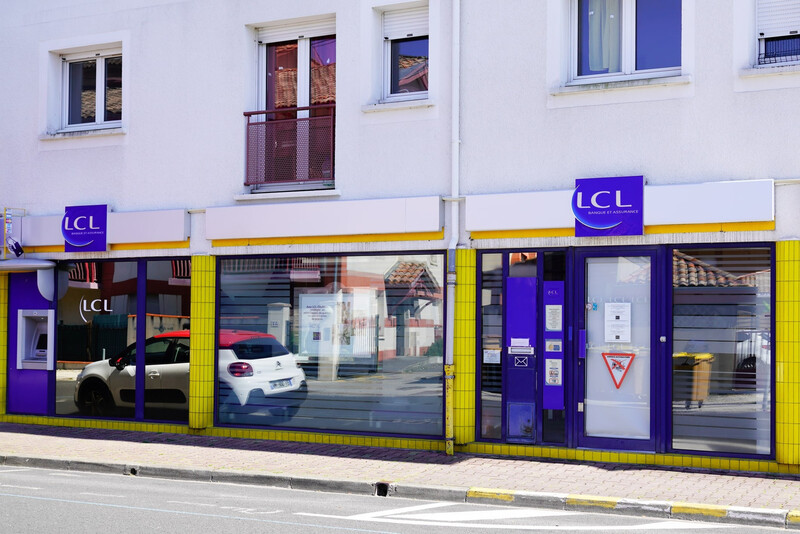Frais de rejet de chèque ou de prélèvement, commissions d’intervention... La loi encadre les frais bancaires en les plafonnant. Quels sont les seuils prévus par la réglementation ? Quels sont les engagements des banques pour limiter les frais pour les publics fragiles financièrement ou ceux pouvant bénéficier de l’offre spécifique ?
Les différents types de frais appliqués par les banques
Les frais bancaires correspondent au prix payé par un client pour la réalisation d’une opération, la fourniture d’un produit ou la mise à disposition d’un service. Ils peuvent aussi s’appliquer à la suite d’irrégularités de fonctionnement constatées sur le compte bancaire ou à des incidents de paiement.
Voici les différents types de frais susceptibles d’être appliqués par les banques.
Les frais payés pour la réalisation d’une opération ou en échange de la fourniture d’un produit ou d’un service englobent notamment :
- les frais de tenue de compte,
- l’abonnement à des services de banque à distance,
- les frais de dossier appliqués lors de la conclusion d’un crédit,
- les frais de gestion d’une succession.
Les frais liés à des irrégularités de fonctionnement d’un compte bancaire ou à des incidents de paiement comprennent :
- les commissions d’intervention (somme perçue par la banque à la suite d’une irrégularité de fonctionnement du compte entrainant un traitement particulier),
- les frais liés aux incidents de paiement sur les chèques et autres opérations (frais de non-exécution d’un virement pour défaut de provision, frais de rejet de prélèvement pour défaut de provision, forfait de frais par chèque pour défaut de provision...),
- les frais liés aux irrégularités et incidents (opposition de la carte par la banque, saisie administrative à un tiers détenteur, lettre d’information pour compte débiteur non autorisé...).
Comment sont plafonnés les frais bancaires ?
Ces dernières années, le législateur est intervenu à plusieurs reprises pour freiner la hausse d’un certain nombre de frais d’incident bancaire.
Désormais, les frais de rejet de chèque, virement et prélèvement sont plafonnés. Le montant maximum s’établit à :
- 30 euros pour le rejet d’un chèque inférieur ou égal à 50 euros,
- 50 euros pour le rejet d’un chèque supérieur à 50 euros.
Il ne peut dépasser le montant du virement ou du prélèvement rejeté lorsqu’il est inférieur ou égal à 20 euros.
Quant aux commissions d’intervention facturées par la banque, elles sont plafonnées à 8 euros par opération et 80 euros par mois, et à 4 euros par opération et 20 euros par mois pour les bénéficiaires de l’offre spécifique. Enfin, les frais de tenue de compte inactif sont limités à 30 euros par an.
Il faut savoir que depuis 2018 et en réponse à la demande du ministère de l’Économie, les banques se sont engagées à plafonner les frais d’incident bancaire pour les personnes fragiles financièrement. Ceux-ci sont globalement plafonnés à :
- 25 euros par mois pour les clients identifiés par leur banque comme étant en « situation de fragilité bancaire »,
- 20 euros par mois et 200 euros par an pour les bénéficiaires de l’offre spécifique qui regroupent les personnes identifiées en situation de fragilité bancaire, celles inscrites au fichier des incidents de paiement de chèques et les débiteurs faisant l’objet d’une mesure de traitement du surendettement.
